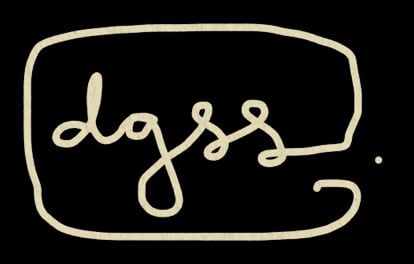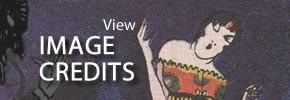The Anzaldua in Australia masterclass was held on 3 August 2017.
A masterclass by Maria Palotta-Chiarolli (Deakin)
*
In 1988, I discovered the life, passion and work of Gloria Anzaldua. As a mestiza myself navigating a working class migrant background, multicultural feminism and white middle class academia, that immediate immersion gave me the theory, practice, empowerment to embark on my own research into the intersections and borderzones of sexualities, genders and ethnicities in Australia, which had never been undertaken before.
For the next thirty years, I have continued to apply Anzalduan theory, philosophies and ethics to my research, activism and teaching. I have been committed to paying forward the legacy of Anzaldua to a growing number of postgraduate students, educators and activists who have come to know, love and apply Anzalduan theory and social justice passion to marginalised communities in Australia. And I am able to humbly relive that sheer recognition and empowerment through their own exhilarating and challenging journeys in confronting discrimination and marginalisation as allies to the communities for which they work.
The later discovery of other pioneering Decolonising Research Practitioners such as Moreton-Robinson (2013), Tuhiwai-Smith (2012), and Valadez and Elsbree (2005) consolidated my focus on empowerment and capacity-building of “the researched”, foregrounding intersectional inclusion and borderland belongings. Decolonising research practice promotes collaboration and the foregrounding of participants’ voices and lived experiences to make emphatic points and provide lived insights. This leads to respectful, creative and dynamic participant-driven approaches with useful outcomes enthusiastically disseminated and implemented by the communities themselves.
This seminar will provide an overview of my personal/professional journeys, and the journeys of my students over twenty years, in applying decolonizing research theory and practice to communities such as the First Peoples, Somali, Khmer and Middle Eastern refugee women, and LGBTIQ people from multicultural and multifaith backgrounds, and the subsequent activism, community implementation and policy development.
The seminar will demonstrate how the work of Anzaldua, Moreton-Robinson, Tuhiwai-Smith and Valadez & Elsbree remains relevant, necessary (and sometimes contentious) in institutional research methods, social policies, programs, resourcing and implementation strategies in order to promote the health and wellbeing of mestizaje Australia.
*
Required Readings
Moreton-Robinson, A, (2013) “Towards an Australian Indigenous Women’s Standpoint Theory”, Australian Feminist Studies. 28 (78): 331-347.
Tuhiwai, Smith (2013), Linda. Decolonizing Methodologies : Research and Indigenous Peoples, Zed Books.
Valadez, G. and Elsbree, A. R. (2005) “Queer Coyotes: Transforming Education To Be More Accepting, Affirming, and Supportive of Queer Individuals” Journal Of Latinos And Education, 4(3):171–192.
Islamic Council of Victoria (2017). ICV Guidelines for Muslim Community-University Research Partnerships.
A link to readings is available from the Gender and Sexuality Studies blog.
*
About the Presenter
Dr Maria Pallotta-Chiarolli has gained national and international recognition as a writer, researcher, lecturer and consultant in the issues of cultural diversity, gender diversity, sexual diversity, family diversity, HIV/AIDS, and social diversity in health and education, with a specific focus on adolescence and young people.
*
Image credits: With permission from Annette Xiberras, Wurundjeri Elder with Maltese Migrant Background. Photo by http://www.photosthattell.com



